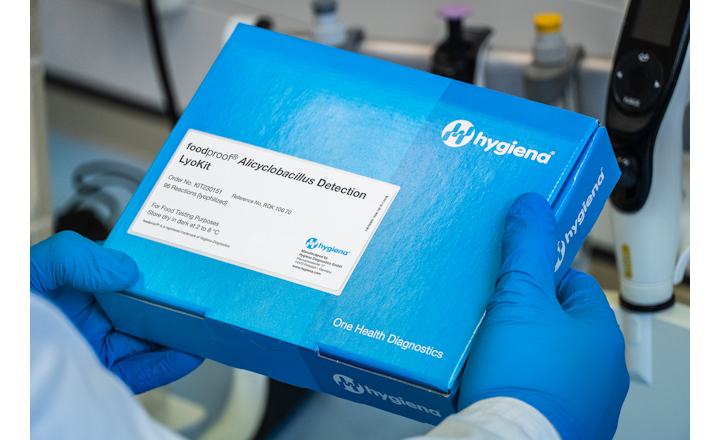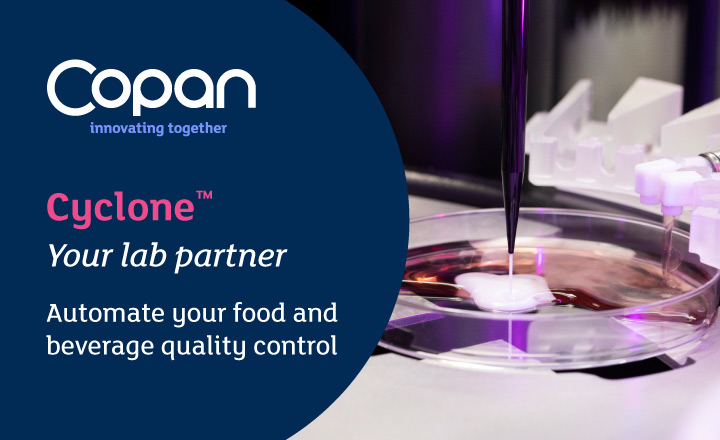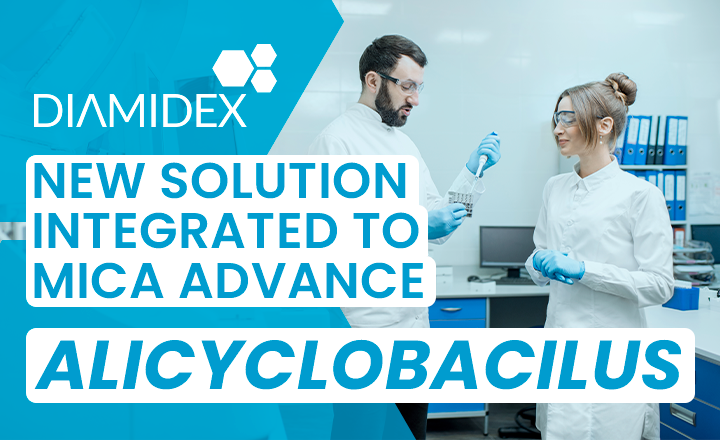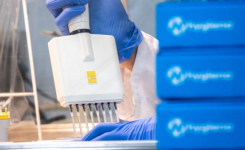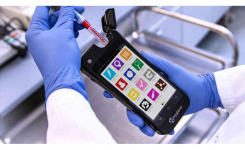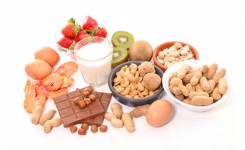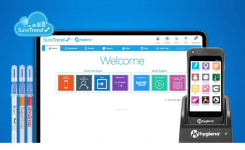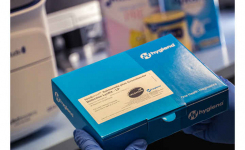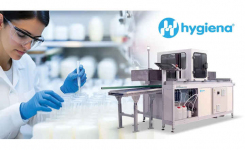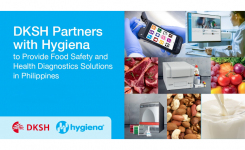Alicyclobacillus, a genus of thermophilic, acidophilic, spore-forming bacteria, poses a significant threat to the global fruit juice and beverage industry. While it is not harmful to human health, many Alicyclobacillus species produce off-flavours in beverages, potentially damaging consumer trust and brand reputation.
Why is Alicyclobacillus a problem?
- Survival in acidic environments: Alicyclobacillus species thrive in low pH environments such as fruit juices.
- Resistance to pasteurisation: The spores are highly heat-resistant and can survive pasteurisation, remaining dormant until conditions favour growth.
- Detection challenges: These bacteria do not cause visible changes, making contamination difficult to detect by visual inspection or traditional culture-based tests, which are slow and less sensitive.
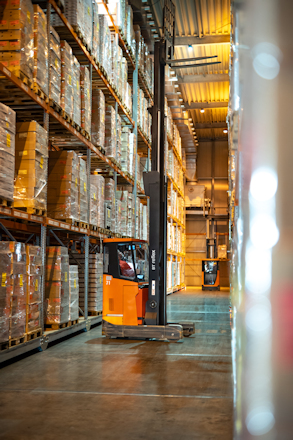
Financial Impact
Product spoilage and waste: Off-flavours and odours make contaminated products unsellable.
Product recalls: Contaminations can lead to costly recalls and damage to brand reputation.
Increased storage costs: Extended storage periods due to lengthy testing delays product release.
Affected Products
- Apple and orange juice and concentrates: Frequently contaminated, with significant reported cases.
- Other fruit juices and blends: Various other juices, including tomato and white grape, are also at risk.
- Shelf-stable iced tea: Known to be susceptible to Alicyclobacillus spoilage.
Sources of Contamination
- Soil: Primary contamination source during harvesting.
- Raw materials: Unwashed fruits and contaminated concentrates can introduce Alicyclobacillus.
- Processing equipment: Biofilms on equipment surfaces can be persistent contamination sources.
Detection Methods
- Traditional culture-based tests: Slow and less sensitive, requiring extended incubation periods.
- Rapid methods: The foodproof® Alicyclobacillus Detection LyoKit offers quick and accurate detection, compatible with Hygiena's Dualo 32® for efficient processing.
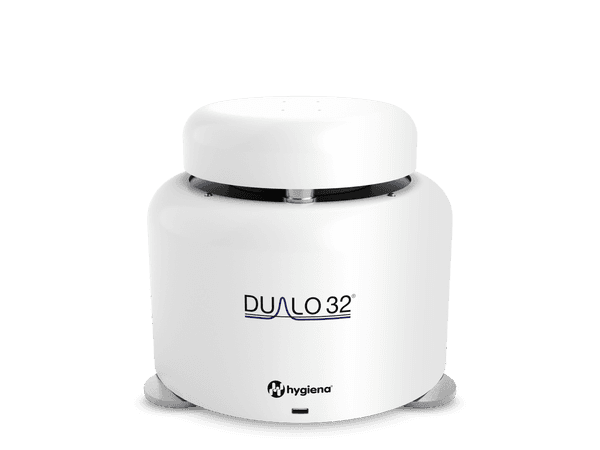
Prevention Strategies
- Environmental monitoring: Regular monitoring using Hygiena's EnSURE® Touch to identify contamination sources.
- Water quality testing: Using AquaSnap® to ensure water quality in the production process.
- Good Agricultural Practices (GAPs): Minimising soil contact and using sanitised harvesting equipment.
- Raw material testing: Employing the foodproof Alicyclobacillus Detection LyoKit to screen raw materials.
To conclude, Alicyclobacillus contamination presents a substantial risk to the beverage industry, but with the right detection and prevention strategies, manufacturers can safeguard their products. Hygiena's advanced tools and comprehensive approach help ensure product quality and consumer trust, ultimately protecting brand reputation and profitability.
To read the full blog article, please visit: Alicyclobacillus Testing: A Guide to Prevent Alicyclobacillus Contamination | Hygiena or request more information via the button below.


